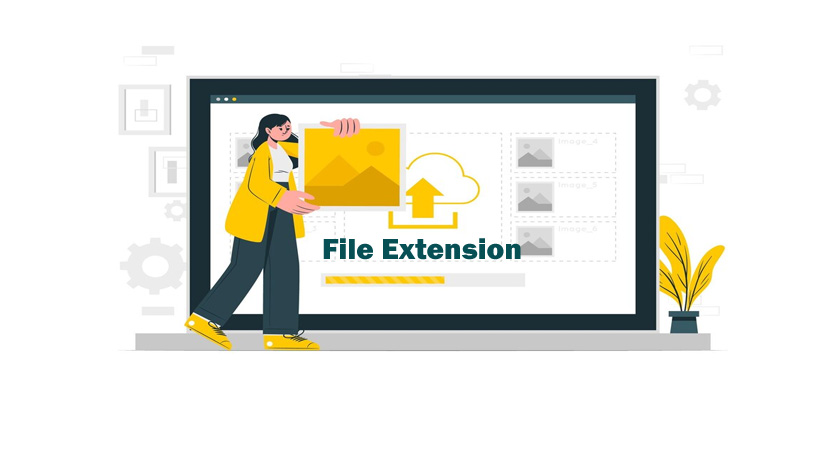With the help of file extension, the operating system controls what apps relate to what files. It means which app opens the file when you double-click it. It is also called a file name extension. A group of characters after the period makes up an entire file name. Examples are PDF, DOC, JPG, PNG, and more. Operating systems and applications use file extensions to associate files with the appropriate programs for opening and manipulating them. For instance, a file with a “.jpg” extension is recognized as a JPEG image file and would typically be opened by an image viewer or photo editing software.
Common file extensions are:
.txt (text file)
.pdf (Adobe PDF document)
.png (PNG image)
.jpg/.jpeg (JPEG image)
.mp3 (MP3 audio)
.mp4 (MP4 video)
.xlsx (Microsoft Excel spreadsheet)
.doc/.docx (Microsoft Word document)
What are the Benefits of File Extension?
The file extension will facilitate compatibility across various operating systems and software applications. With the help of file extension, a software system will determine how to handle a file.
It will ensure that it can opened and used correctly.
It will enable automated workflow, allowing software programs to recognize and handle files based on their extensions. Users can locate types of files and perform work such as filtering and searching.
File extensions can be used as part of security measures to prevent the execution of potentially harmful files. Operating systems and security software often use file extensions to identify and block suspicious files containing malware or viruses.
It will provide a quick way to identify the kind of file and consistent application needed to process any file. For example, .docx indicates a Microsoft Word document.
Conclusion
In conclusion, file extension will provide crucial components of modern computing. It will also offer various benefits such as automation factors, compatibility, organization, and security. For users, it efficiently organizes and manages files. Overall, it has all the benefits of efficiency, security, and usability.

